About
In this ‘about’ section you can find out more about the origins of Out There Kindergarten and further information about the Forest School ethos and how it is applied across our Kindergartens.
About Out There
Out There Forest School opened it's doors in August 2015, delivering forest school sessions to schools during term time, running weekly after school sessions and providing a unique 'holiday club' experience during the school holidays for children aged 5-11 year olds.
Out There Kindergarten Brislington opened in September 2017 after a years worth of late night planning meetings. Set up by a small team of passionate, dedicated, experienced and like-minded individuals, there has always been a total commitment to providing the very best early years experience in a predominantly outdoor setting.
Out There Kindergarten Brislington was such a great success that a second Out There Kindergarten opened in September 2018 in Stapleton, BS16.
Out There Forest School continues to run holiday camps in Brislington throughout the majority of school holidays. For more information, see our holiday club section.
Out There Kindergarten are currently looking for premises to open a third kindergarten. Please contact us on info@outtherekindergartens.co.uk if you have any great ideas of where this could be.
About Forest School
Our Kindergarten’s are both ‘nature based’ and ‘nature inspired’ meaning that we spend much of our day outside in nature and our curriculum is rooted in the natural world. Through playing and exploring outside, children learn about the weather, the seasons, life cycles, natural habitats, mini beasts and much more.
We are inspired by the Forest School Ethos.
The Forest Schools concept originated in Scandinavia where the approach was widely adopted in Denmark as a solution to the lack of indoor facilities for pre-school children.
In 1993 a group of nursery nurses and lecturers from Bridgewater, Somerset visited settings in Sweden and witnessed the benefits for themselves. On their return to the UK they developed a Forest School programme and based on the impacts developed training and accreditation for other practitioners.
Forest Schools have become widely accepted across the UK as a valuable mode of learning for all ages and have now been adopted by schools, early years settings, environmental projects and community groups, run by trained staff in their own grounds or local woodlands.
For a full history of Forest School have a look at the Forest School Association Website.
As an organisation, we closely follow the 6 principles as listed by the FSA.
Principle 1: Forest School is a long-term process of frequent and regular sessions in a woodland or natural environment, rather than a one-off visit. Planning, adaptation, observations and reviewing are integral elements of Forest School.
At Out there, we believe children should have regular access to a natural environment that includes woodland. For us, this means visiting the woods at least twice a week if not more.
Principle 2: Forest School takes place in a woodland or natural wooded environment to support the development of a relationship between the learner and the natural world.
We are very lucky to have unlimited access to two lovely woodlands within close proximity to the scout huts we operate from. In Brislington the children frequently visit Nightingale Valley Woods and St Anne’s Woods and in Stapleton children visit Snuff Mills and Oldbury Court.
Principle 3: Forest School aims to promote the holistic development of all those involved, fostering resilient, confident, independent and creative learners.
Principle 4: Forest School offers learners the opportunity to take supported risks appropriate to the environment and to themselves.
Principle 5: Forest School is run by qualified Forest School practitioners who continuously maintain and develop their professional practice.
Our staff teams are made up of a mixture of early years professionals and Forest School leaders. This means that there is always at least one Forest School Leader leading the ‘Forest School’ sessions if not more.
Principle 6. Forest School uses a range of learner-centred processes to create a community for development and learning.
There are also lots of articles published in newspapers, in education supplements and on social media about the benefits of Forest School, outdoor learning and nature connection. Here are a few of our favourites;
https://www.nurseryworld.co.uk/features/article/parent-s-guide-early-learning-forest-school
https://www.thriveapproach.com/news/how-radical-approach-transformed-behaviour
And last but not least there is an exceptional longitudinal study of the benefits of forest school for a group of key stage 1 children (5-7 year olds) over 3 years. You can read the full research paper here. http://freerangecreativity.org/research/
A passion for outdoor learning


